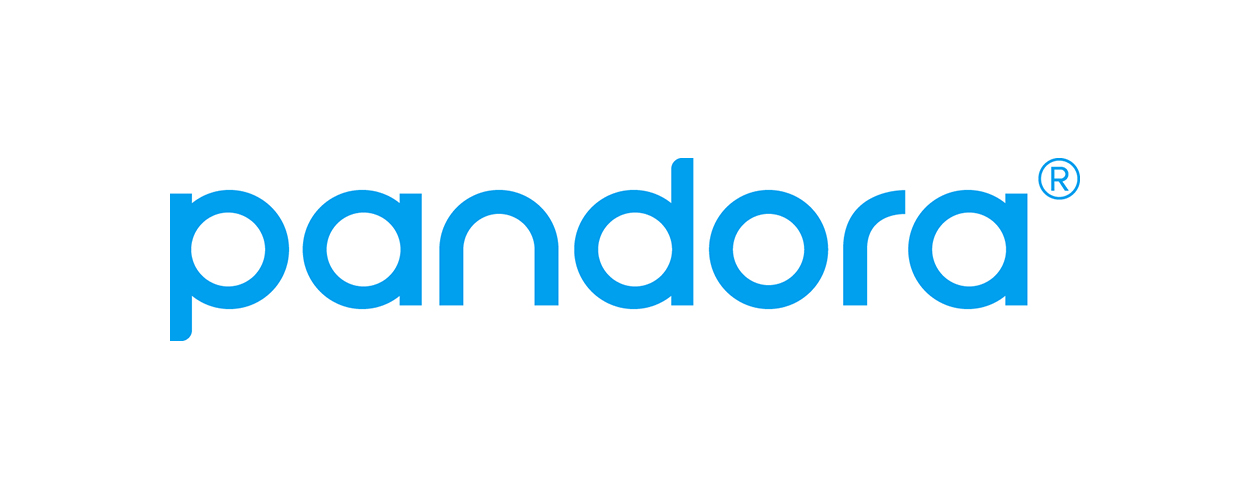This website uses cookies so that we can provide you with the best user experience possible. Cookie information is stored in your browser and performs functions such as recognising you when you return to our website and helping our team to understand which sections of the website you find most interesting and useful.
Business News Digital Legal
Pandora responds to comedy copyright lawsuits, dubs comedian rights agency a ‘cartel’
By Chris Cooke | Published on Monday 9 May 2022

Pandora has hit back at the lawsuit filed against it by a number of comedians over allegations that the streaming firm has not properly licensed all the rights in the comedy recordings that it has long made available.
A number of comedy performers – as well of the estates of George Carlin and Robin Williams – are involved in the litigation, arguing that while Pandora licenses the recording rights in the comedy performances it streams, it has never licensed the separate rights in the comedy material being performed. All the various lawsuits were grouped together in March.
In music, of course, streaming services secure two sets of licences for each track streamed. They license the recording rights from the record industry, and then secure licences for the separate song rights from music publishers and song right collecting societies.
However, with comedy, while recording rights are licensed via the deals done with those labels and distributors that own or manage comedy content, no licences have ever been secured for the separate rights in the material which, in copyright terms, would be classified as a ‘literary work’.
Pandora actually used to acknowledge this gap in its licensing activities when it was directly listed on the New York Stock Exchange.
In their lawsuits, the various comedians noted how, “in Pandora’s own SEC 10K public filing with the Security And Exchange Commission from 2011 to 2017 … Pandora admitted in its risk factors ever year that it performs spoken-word comedy content ‘absent a specific licence from any performing rights organisation’ and it has never obtained a licence for the underlying literary works for the sound recordings of spoken-word comedy content that it streams”.
“Pandora further admitted”, the lawsuits went on, “that it ‘could be subject to significant liability for copyright infringement and may no longer be able to operate under [their] existing licensing regime’”.
Pandora – and the other streaming services, which are also likely to be targeted by lawsuits of this kind – might point out that until recently there wasn’t anywhere obvious to go to secure licences covering the literary works contained within the comedy recordings they were streaming.
They could have contacted each individual comedian, of course, but – the streamers might also argue – those comedians never indicated that they felt their rights were being infringed by the failure of streaming firms to get bespoke literary work licences.
This has all changed in recent years because of the launch of two agencies representing the rights of comedians and other spoken word performers in this domain – they being Spoken Giants and Word Collections. The latter is working with all the comedians that have sued Pandora.
In its formal response to the comedy lawsuits, Pandora very much takes aim at the comedy rights agency. According to Billboard, the streaming firm’s legal reps write: “Word Collections’ true business model is not that of a benign licensing agent or an advocate for comedians’ intellectual property rights. It is that of a cartel leader”.
That bold claim is part of an allegation that Word Collections seeks to violate competition law by creating a “monopolistic portfolio” of comedy rights that would result in the cost of streaming comedy content increasing “dramatically”.
After all, Pandora’s legal filing adds, until Word Collections came along, comedians seemed super fine with the way Pandora licensed their content, banking the royalty cheques they received and seeking more plays and listens on the platform.
“Comedians chose unilaterally to benefit from the royalties they were already receiving for the use of the comedy recordings and the added promotional and other benefits that the services gave them”, Pandora’s lawsuit goes on, “creating additional demand for their live performances and otherwise benefiting the comedians”.
It remains to be seen if any of that tough talking works in court, though it seems unlikely that it will placate the growing number of comedians who are criticising streaming firms like Pandora for not properly licensing their rights – even if the comedians themselves weren’t really aware there were literary work rights to license until relatively recently.
For the music community, Pandora’s arguments that any sort of licensing collective is anti-competitive – and that creators should cash what cheques they get and enjoy the promo value of being streamed – are all very familiar. And no one’s ever been placated by those arguments in the music community either.
As for how Word Collections and its comedy clients will respond to Pandora’s claims, that remains to be seen, but legal rep Richard Busch told Billboard: “We have seen [the legal filing], we vehemently disagree with it legally and factually, and we will be responding appropriately”.





